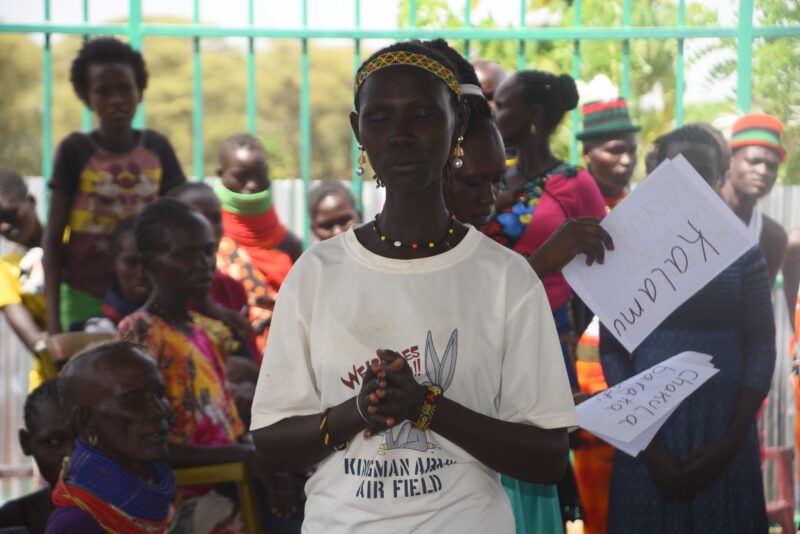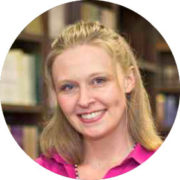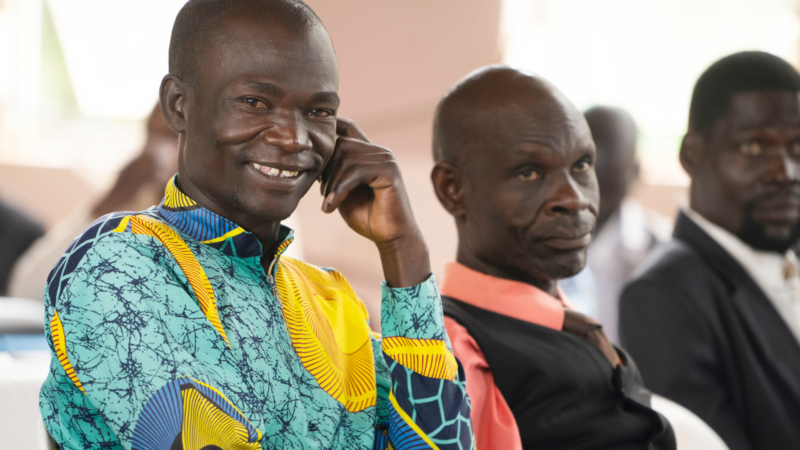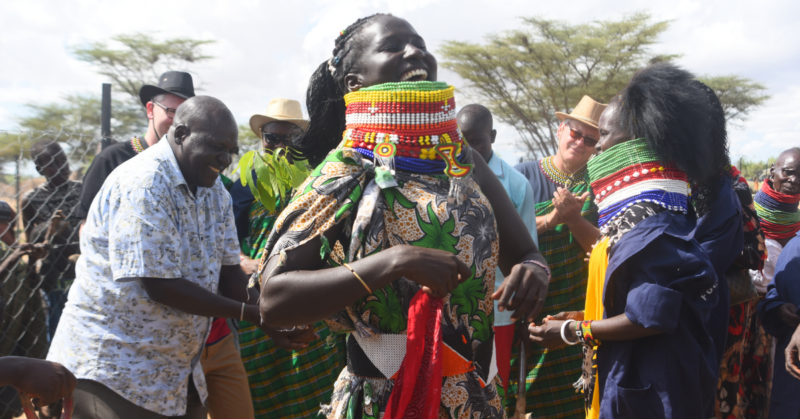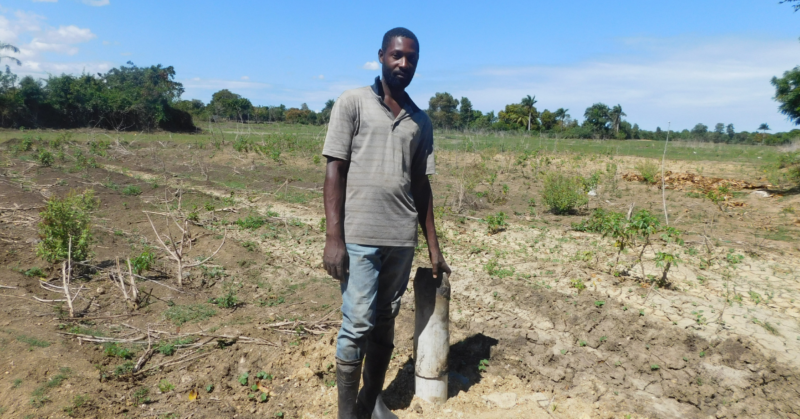A colorful row of beads made from leather, metals, wood, glass and shells adorned the women’s necks and heads as they worked in Natoot Farm. The Turkana women are easily identified by their red, yellow, blue and brown colored beads. These beads, an essential component of everyday dress, signify a woman’s age, marital status and station in society. In the desert surrounding Natoot Farm, you can find their homes made from a wooden framework of saplings covered with palms from doum trees, as well as the skins and hides of livestock.
Elizabeth’s white necklaces stand out from the sea of color, signifying the passing of her husband. From birth, Turkana girls receive bright beads from their fathers until they marry. Then, after marriage, they wear necklaces given to them by their husbands. If they become a widow, they replace the colored string of beads with white ones.
The journey back from the market filled her with sadness because she had sold nothing. The passing of her husband left a burden on Elizabeth as she struggled to provide for her family. A seeping dread filled Elizabeth’s mind as she walked home empty-handed to her sick and hungry children.
Loss of Hope in Turkana
Elizabeth’s life was difficult as she lived in one of the most inhospitable places on earth: an arid desert stretching across northern Kenya and Southern Sudan. However, a newfound hope dawned new light in her life as she began working on a plot of land at Natoot Farm.
Shortly after Elizabeth began farming, she could grow enough food to feed her family. As she became more involved at the farm, the number of plots she worked on increased, giving her enough produce to pay for her children’s school fees.
Then, as her farming business grew, she started to invite other neighbors and families in need to work with her at Natoot. Elizabeth shared, “When I had the opportunity to help, I started sharing my piece of land because they had families to support. I knew what it was like to be in need. But God always came through in my challenges, and I wanted to share this blessing with others.”
Hope for Eternity
Elizabeth’s efforts to invite others to improve their lives by working on the farm shows her generous attitude. Truly, Elizabeth works to encourage family and friends to engage with God and receive His blessings. And this attitude reflects our desire for all of our Hope for Eternity programs.
Today, Elizabeth is one of the lead farmers at Natoot Farm. Each morning as she walks to the farm, colorful beads adorning her neck, Elizabeth thanks God for His provision, actively looking for others to tell.
Learn More About Bright Hope’s Sustainability Programs
When Hope for Today Makes Tomorrow Possible
Hope for Tomorrow: Sometimes Poverty Alleviation is Simple
Hope for Eternity: Jesus Cares for the Poor
Bright Hope, a Holistic Ministry Meeting the Needs of the Poor

